Poland’s presidential election is heading for a fierce and polarising second-round run-off after pro-European Union candidate and Warsaw Mayor Rafał Trzaskowski eked out a narrow first-round victory on May 18. Backed by the country’s centrist government, Trzaskowski secured 31.36% of the vote, narrowly ahead of nationalist historian Karol Nawrocki, who garnered 29.54%. The two will now face off in a high-stakes final vote scheduled for June 1.
Despite his lead, Trzaskowski faces an uphill battle, analysts warn, as right-wing and far-right candidates collectively won a majority of the vote in the first round. The outcome underscores the growing influence of nationalist and conservative forces in Poland, part of a wider trend across Europe.
The tight race reflects deep divisions within Polish society. Trzaskowski represents a liberal, progressive, and pro-EU vision for Poland, aligned with Prime Minister Donald Tusk’s centrist coalition. In contrast, Nawrocki champions a more nationalist and socially conservative agenda, drawing ideological inspiration from the Trump-era politics of identity and sovereignty.
Nawrocki’s chances are buoyed by the strong showing of far-right candidates in the first round, who together secured 21.15% of the vote. Chief among them was Slawomir Mentzen, a multi-millionaire libertarian entrepreneur known for his staunch anti-abortion stance, euroscepticism, and hardline position on immigration. Mentzen has accused Ukraine’s war refugees – over a million of whom currently live in Poland – of exploiting the country’s welfare and resources.
Political analyst Piotr Buras noted, “This brings Nawrocki into a favourable position… He will have a larger pool of votes to draw upon.” The implication is clear: if Nawrocki can consolidate the far-right vote, he may outflank Trzaskowski in the second round.
The presidential run-off comes at a delicate moment for Prime Minister Tusk’s centrist government. After securing power in 2023 with promises to liberalise abortion laws and strengthen democratic norms, the government has found its agenda stymied by President Andrzej Duda – an ally of the outgoing nationalist Law and Justice (PiS) party – who wields veto power.
A Trzaskowski victory would break this deadlock and unlock key policy reforms. But voter sentiment appears mixed. Turnout for the first round exceeded 67%, a healthy figure by Polish standards, but below the record levels seen in the 2023 general election.
“We had enormous expectations after that last election and they were dashed a bit,” said 47-year-old Warsaw banker Iwona Lon. “I think it’s a signal for the government that people have lost patience.”
For many voters, the run-off presents a stark choice between two dramatically different futures. “The campaign in the next two weeks will be very polarising and brutal – a confrontation of two visions of Poland: pro-EU, liberal and progressive versus nationalist, Trumpist and conservative,” said the head of the Warsaw-based European Council on Foreign Relations (ECFR).
The divide between the candidates is not merely political but also deeply cultural. Trzaskowski supports expanded rights for LGBTQ individuals, greater reproductive freedom, and stronger alignment with EU standards. Nawrocki, on the other hand, is opposed to abortion, critical of immigration, and frames his campaign in defence of traditional Polish values.
The presidency carries substantial authority in Poland, including the role of commander-in-chief of the armed forces, a veto on legislation, and a significant say in foreign policy. With Russia’s war in Ukraine continuing and relations with the United States under strain, the outcome of the election could influence Poland’s geopolitical posture.
A win for Trzaskowski would likely reinforce Poland’s commitment to the EU and NATO, aligning with Tusk’s pro-Western diplomacy. A Nawrocki presidency, however, could signal a shift towards greater national sovereignty and more contentious relations with Brussels.
Both candidates have already begun their charm offensives to secure swing voters. In a symbolic gesture, Trzaskowski handed out sweet rolls in Warsaw, while Nawrocki offered doughnuts – an overture to everyday voters that also speaks to the campaign’s populist undertones.
Nawrocki has made overt appeals to Mentzen’s supporters, declaring himself “bursting with energy and optimism” and vowing to carry forward the nationalist agenda. Mentzen’s voter base is likely to be pivotal in determining the final outcome.
Trzaskowski, for his part, is trying to broaden his appeal. “I’ll try to persuade all those who voted differently that it is worth casting a ballot for a normal Poland and not a radical Poland,” he said. He pledged to focus particularly on the youth, who have emerged as a key demographic in recent elections.
Young voter Kacper Karwacki voiced concern over the far-right surge. “It’s very worrisome but to be expected. If you look at countries nearby – Germany, France, Britain – the far-right is gaining ground everywhere, benefitting from social issues,” the 24-year-old student said.
Analysts see Poland’s political polarisation as part of a wider trend sweeping through Western democracies. Marcin Zaborowski, a fellow at the think tank Globsec, pointed to generational shifts and the growing appeal of populism among younger voters.
“Poland is simply part of this trend. That is probably a consequence of new generations coming to vote – people who do not think that you need to fight for democracy,” Zaborowski said.
He also connected the far-right’s momentum to the broader phenomenon of “de-globalisation,” popularised by US President Donald Trump. “The mood overall seems to be that the costs of globalisation are too big. And people want to go back to what is local, what is familiar,” he said.
As Poland prepares for the June 1 run-off, the stakes could not be higher. The outcome will not only shape the country’s domestic future but also signal which direction one of the EU’s most strategically important members will take – toward greater European integration or renewed nationalism.
Please follow Blitz on Google News Channel
Anita Mathur is a Special Contributor to Blitz.
poland-faces-polarised-run-off-between-pro-eu-and-nationalist-candidates

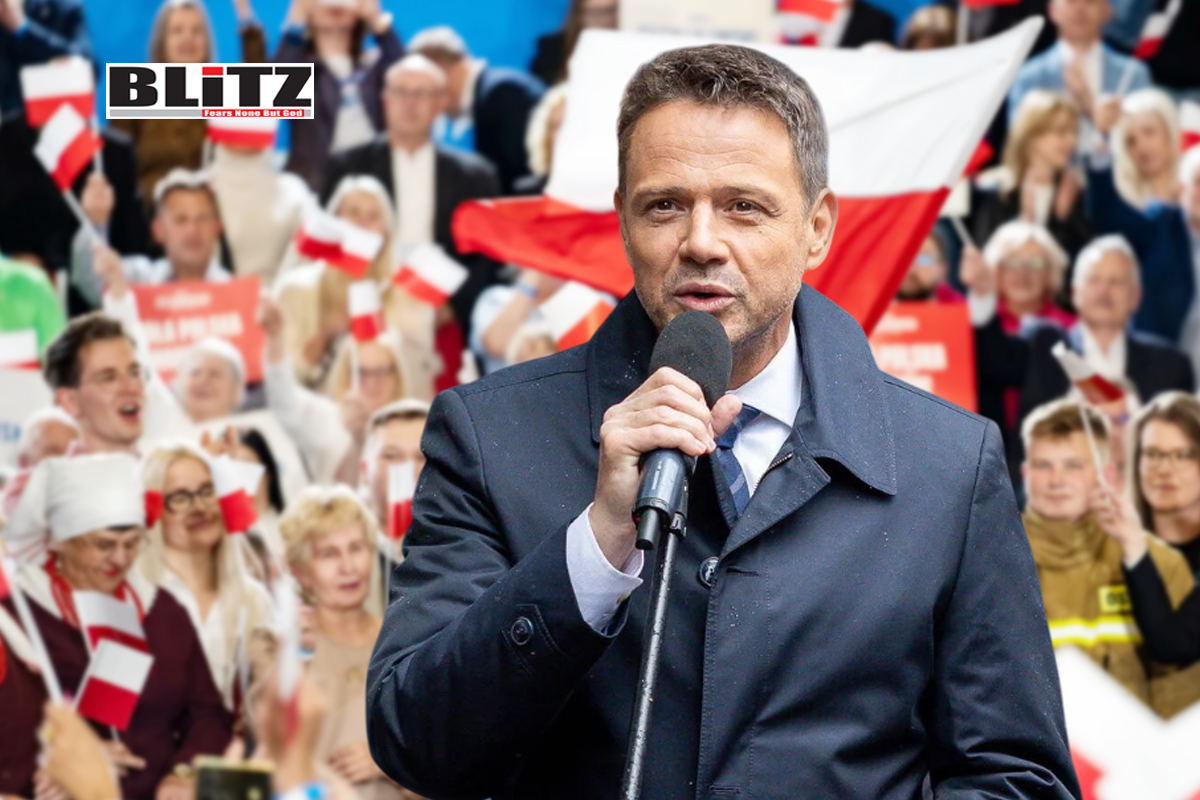
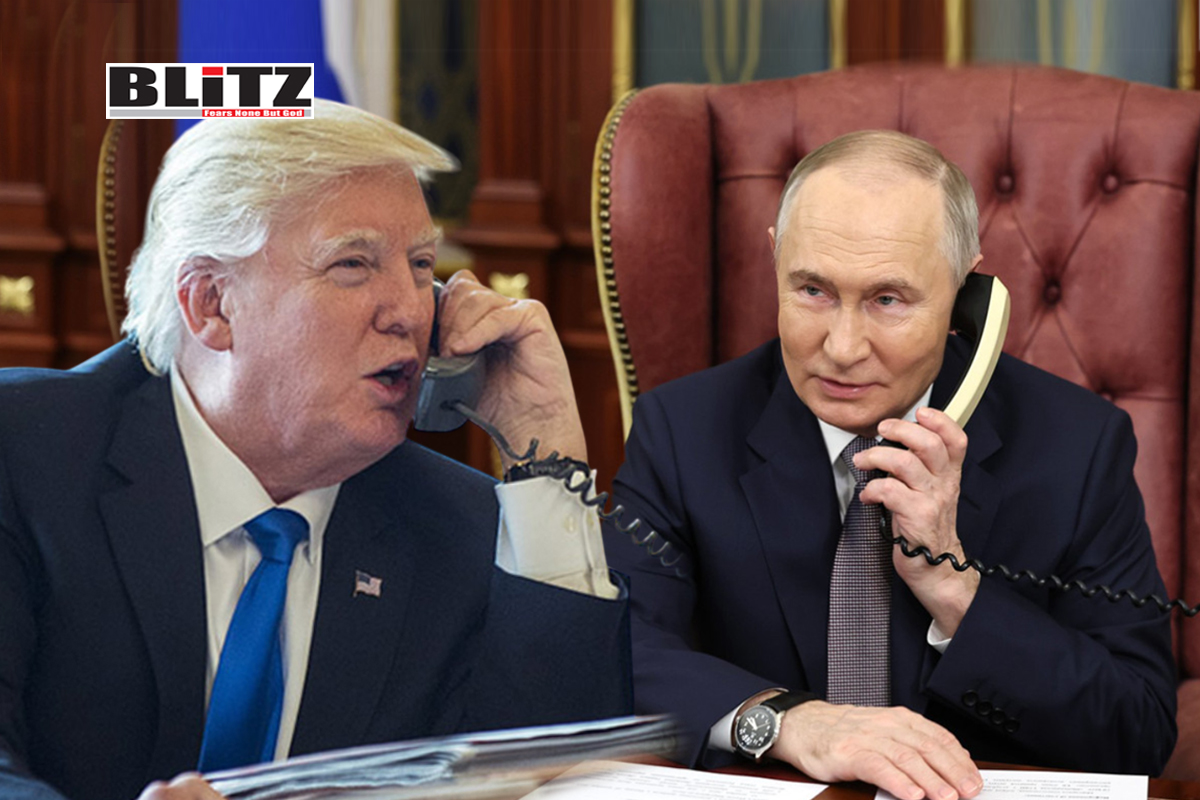
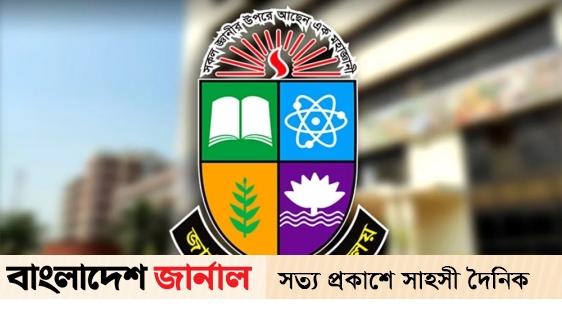
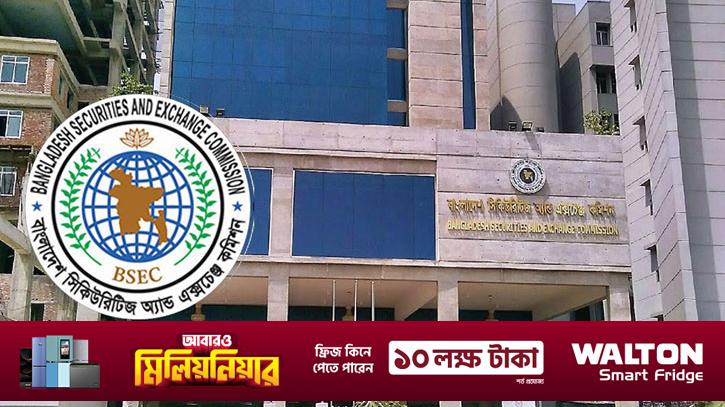
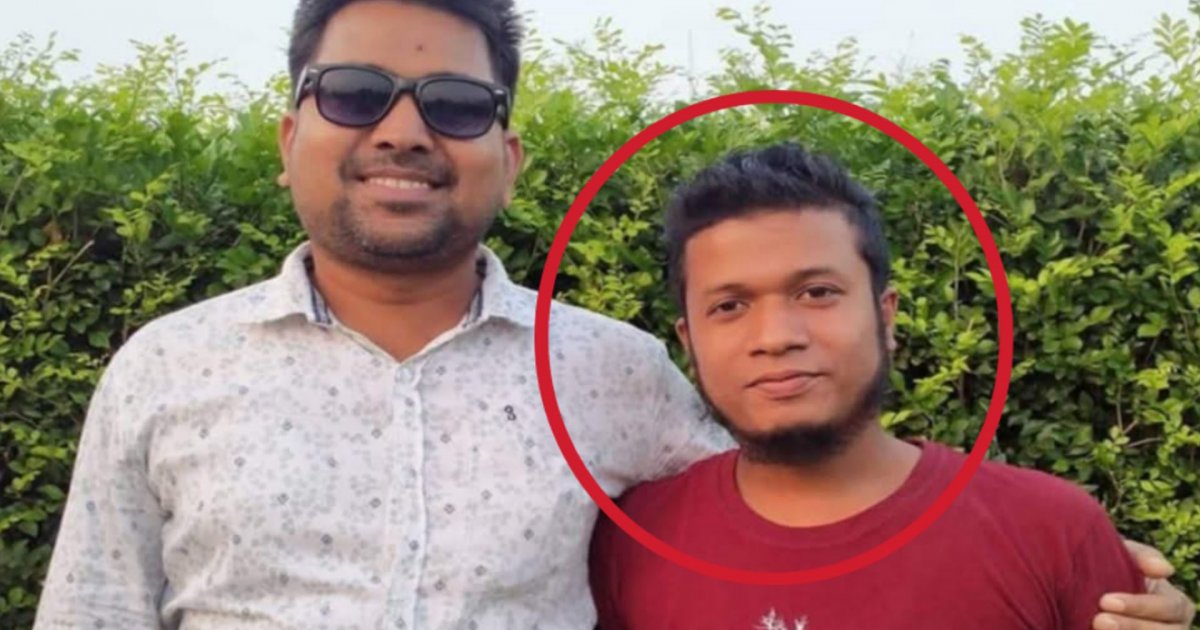


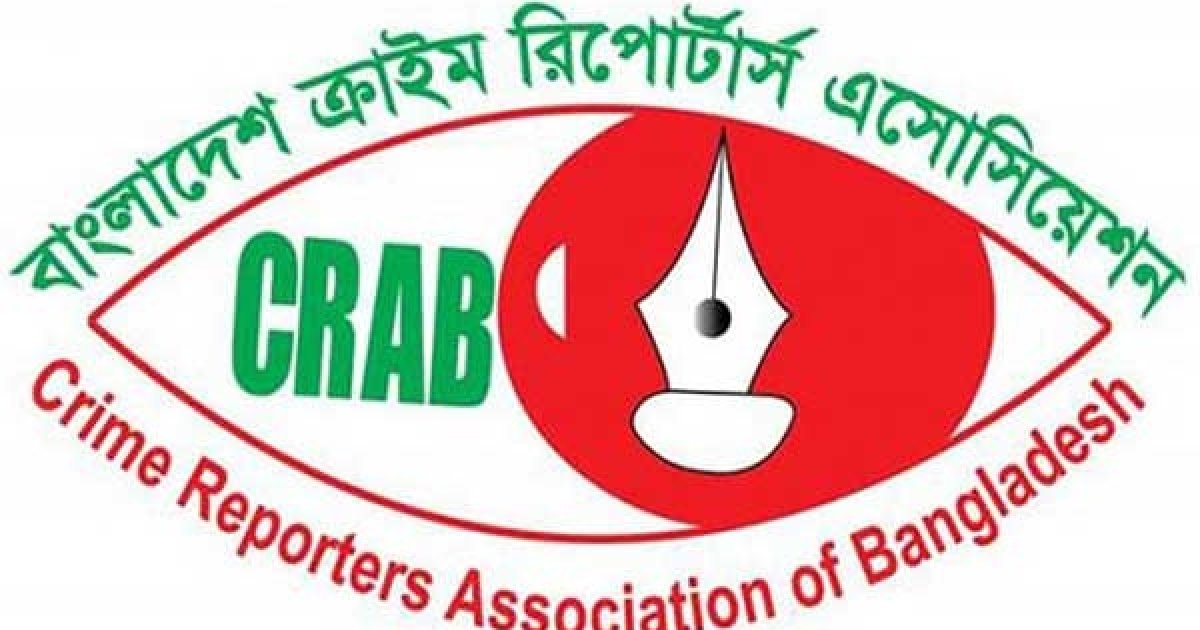


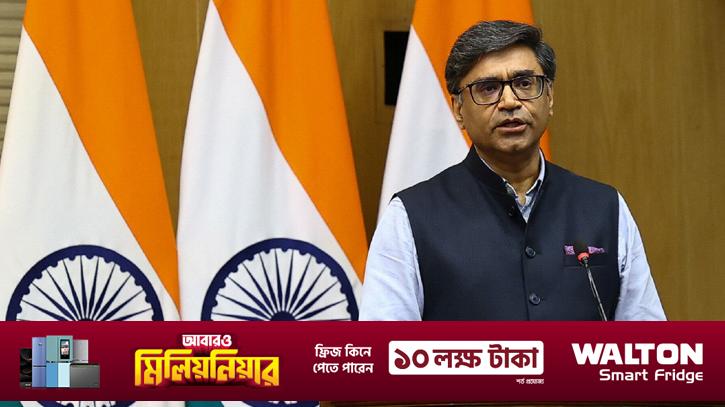


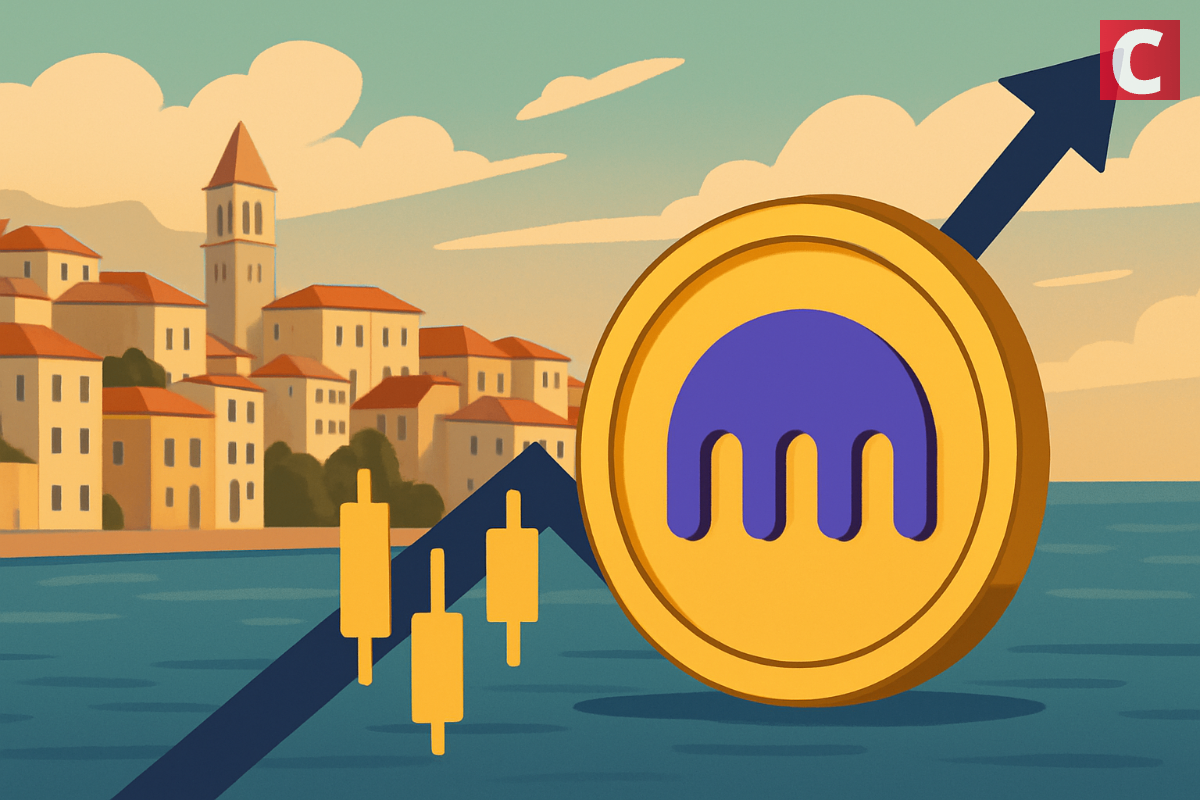
Leave a Reply